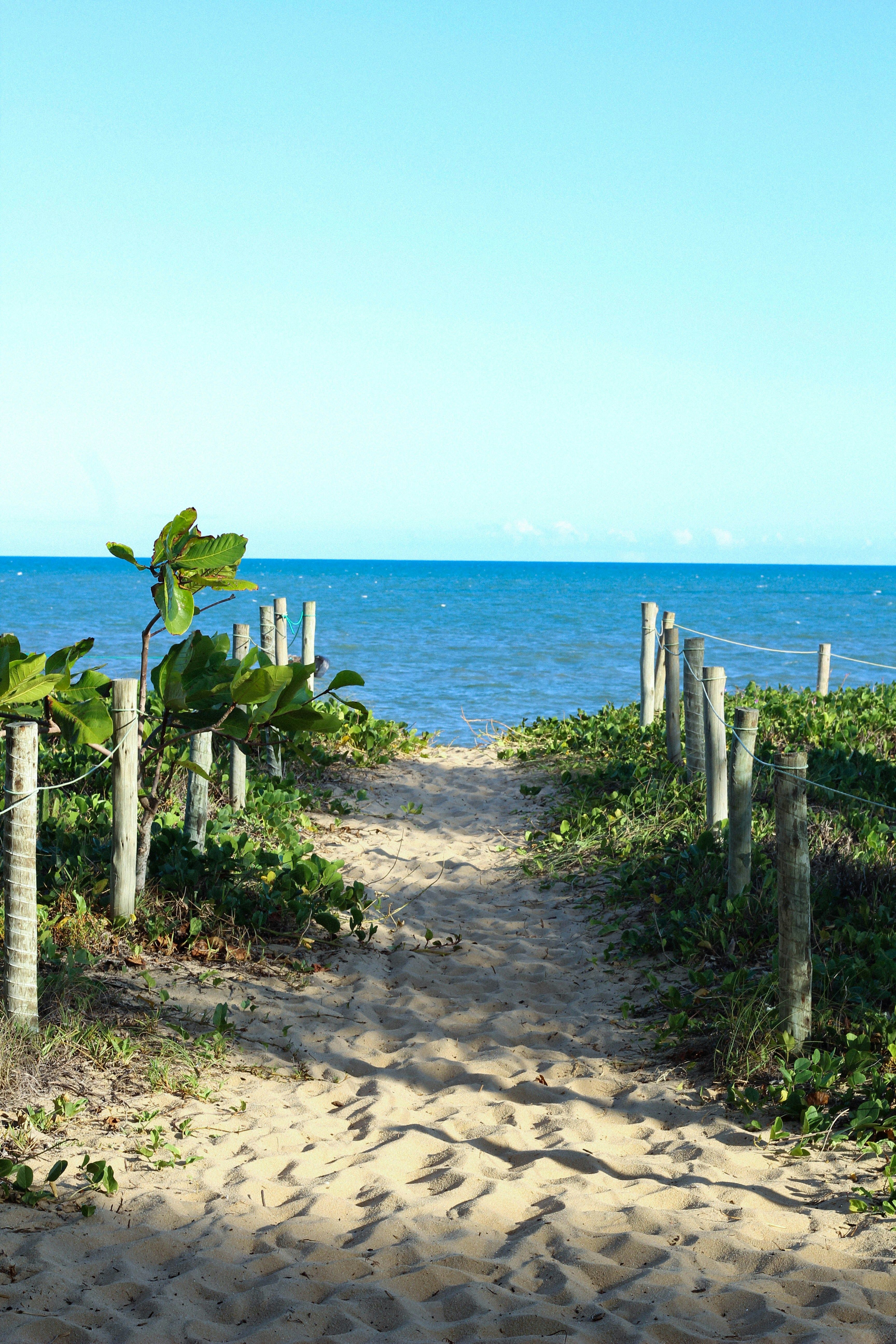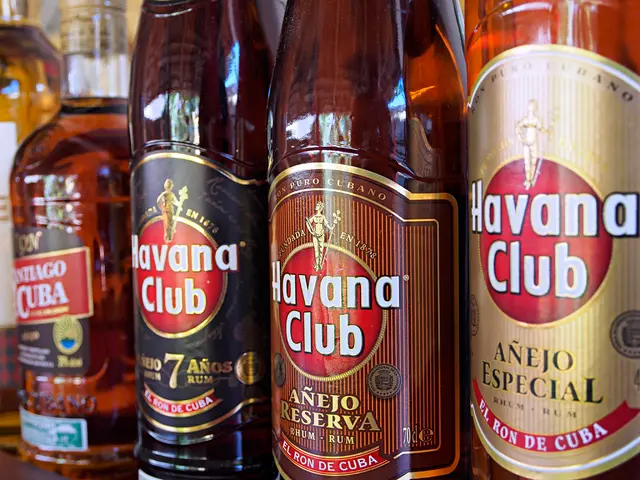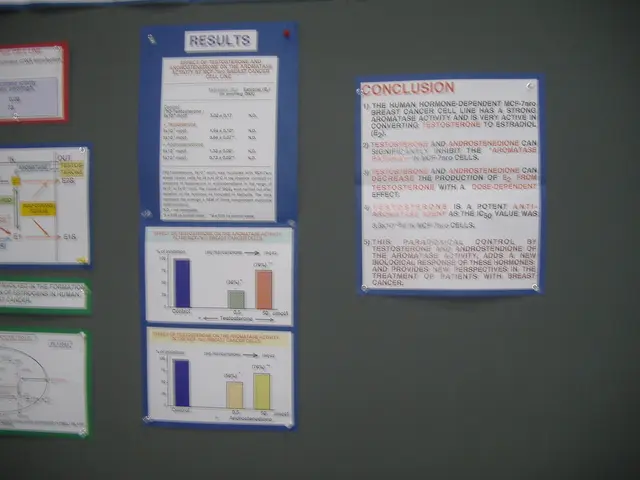Preserving Brain Health: Adhering to Mediterranean Diet and Active Lifestyle Could Offer Protection
In a research study set to conclude by the end of 2023, scientists from Australia, New Zealand, and the United Kingdom are investigating the potential combined impact of a Mediterranean diet and regular walking on the prevention and slowing of dementia and cognitive decline. Known individually for their potential cognitive health benefits, this study aims to confirm the combined advantage of the MedWalk intervention.
The study, temporarily halted by the COVID-19 pandemic, seeks to examine the effects of the MedWalk intervention for a year instead of the originally planned two, as the pandemic influenced timing and finances. The primary outcome being examined is the 12-month change in participants' visual memory and learning abilities.
Beyond assessing its effect on visual memory and learning, the study will observe signs of mood improvement, increased quality of life, reduce health costs, improved cardiovascular health, and reduced arterial stiffness. Participants, aged 60 to 90, residing in South Australia and Victoria, were recruited from independent living retirement communities and, due to the pandemic, from the broader community as well. Researchers will pay special attention to biomarkers indicative of cognitive decline, such as glucose regulation, inflammation, nutrients, and oxidative stress.
Participants have been assigned to either the MedWalk intervention group or a control group that maintains their usual diet and activity level. The intervention combines dietary modification with a supervised walking program, bolstered by psychosocial behavioral change techniques. To help participants stay on track, they receive intensive support for the first six months, followed by continued assistance for the next six months.
To assist participants in understanding the Mediterranean diet, researchers offer guidance on its differences compared to a typical Australian diet. Participants receive free extra-virgin olive oil, a crucial component of the Mediterranean diet, as well as other diet-appropriate foods. After an initial assessment of baseline aerobic fitness, participants engage in group walking sessions for the first six months, followed by monthly sessions for the remainder of the study period.
Previous research has shown a link between the Mediterranean diet and lower rates of various types of dementia, including Alzheimer's disease. Similarly, regularly taking 10,000 steps a day has been found to lower the risk of dementia by 50%. Further studies suggest that walking may boost brain blood flow, improve brain activity, reduce stress, and improve overall well-being, potentially contributing to better cognitive function. By combining the benefits of both the Mediterranean diet and walking, the current study aims to provide further insights into the synergistic effect on cognitive health.
- The research study, investigating the MedWalk intervention's impact on dementia and cognitive decline, aims to confirm the combined advantage of a Mediterranean diet and regular walking.
- Despite being temporarily halted by the COVID-19 pandemic, the study seeks to examine its effects on participants for a year, as the pandemic influenced timing and finances.
- Participants, aged 60 to 90, are assigned to either the MedWalk intervention group or a control group, with the intervention combining dietary modification and a supervised walking program.
- To help participants maintain the Mediterranean diet and walking regimen, they receive intensive support for the first six months, followed by continued assistance for the next six months.
- Previous scientific research has linked the Mediterranean diet to lower rates of various types of dementia, including Alzheimer's disease, and walking regularly to a lower dementia risk by 50%.
- By combining the benefits of both the Mediterranean diet and walking, the current study aims to provide further insights into the synergistic effect on mental health, brain health, health-and-wellness, nutrition, fitness-and-exercise, and overall quality of life.







